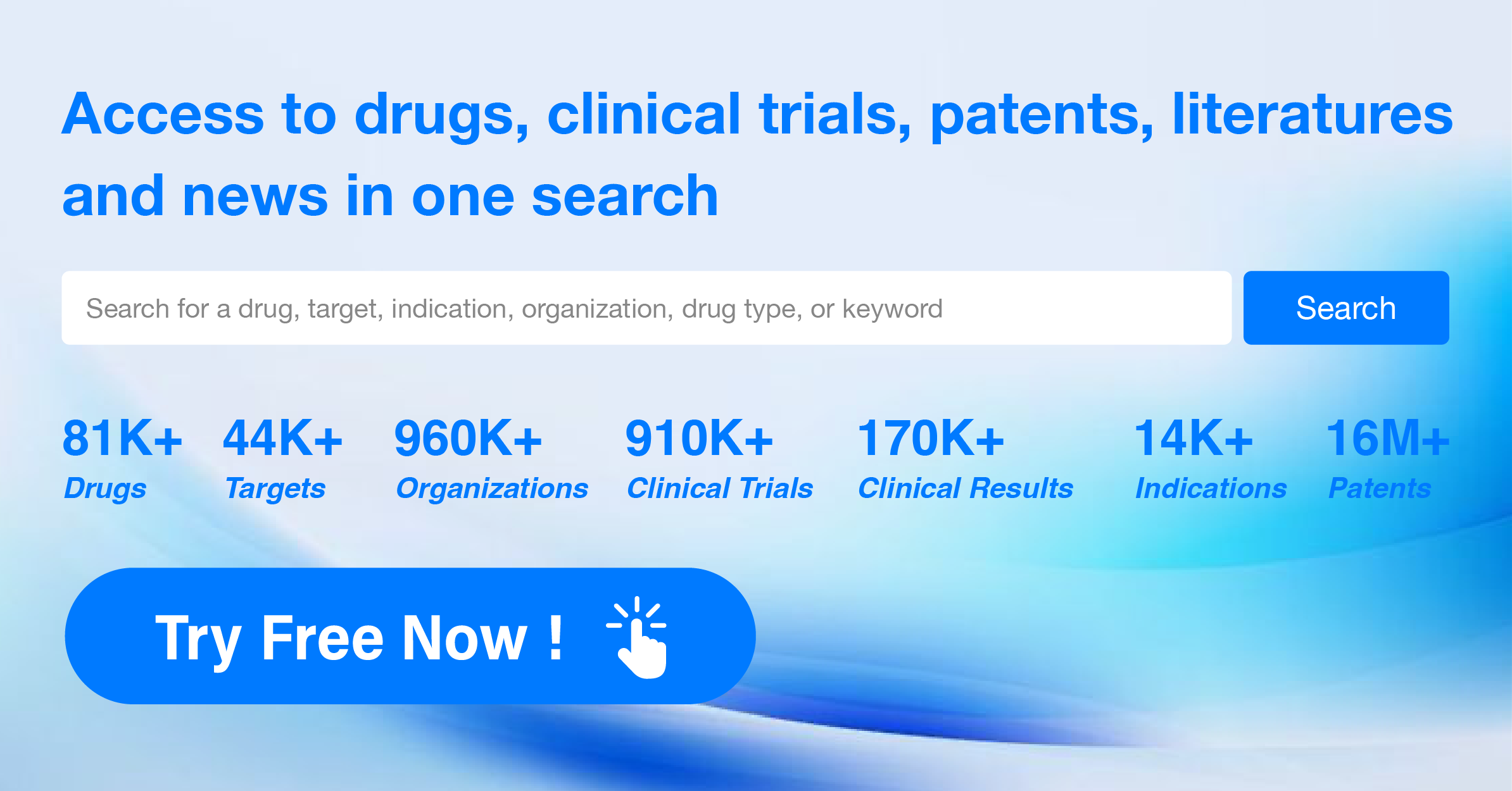What are the differences between the GMP systems in China and the United States?
Both the GMP (Good Manufacturing Practice) systems in China and the United States aim to ensure quality control and safety in pharmaceutical production. However, they differ in implementation details, regulatory agencies, frequency of regulatory updates, and requirements for specific production practices.
·Regulatory Agencies: China: The GMP system in China is established and regulated by the National Medical Products Administration (NMPA), formerly known as CFDA. United States: The GMP system in the United States is established and enforced by the Food and Drug Administration (FDA).
·Regulatory Updates: China: Since its initial promotion in 1988, China's GMP standards have undergone several revisions, the most recent of which was in 2010, and it was implemented in 2011. United States: The United States’ cGMP (current Good Manufacturing Practice) standards are continuously updated, with the FDA regularly issuing new guidelines and recommended revisions.
·Regulatory Content: China: China's GMP standards cover quality management, organizational structure and personnel, facilities and plants, equipment, materials and products, verification and validation, document management, and more, emphasizing control over the entire process from raw material procurement to final product shipment. United States: The U.S. cGMP standards encompass a wide range of production quality controls as well, but they place more emphasis on the actual operations and recordkeeping during the production process, as well as detailed requirements for the production environment and equipment.
·Inspection and Certification: China: GMP inspections in China are usually carried out by local regulatory agencies organized by the NMPA, and enterprises need to obtain GMP certification. United States: The FDA conducts regular GMP inspections but does not issue GMP certification certificates. The results of FDA inspections can impact a company’s market access and regulatory status.
·Integration of International Standards: China: Chinese GMP standards are formulated with reference to international standards, particularly the World Health Organization (WHO) GMP guidelines, to promote alignment with international norms. United States: The U.S. cGMP standards are widely recognized as one of the benchmarks for international pharmaceutical production quality management. Many countries refer to the U.S. cGMP when establishing or updating their own GMP standards.
These differences reflect the distinct pharmaceutical regulatory cultures, legal systems, and stages of industry development in the two countries. With globalization's advance and increased international cooperation, the GMP systems of both countries are continuously engaging in exchanges and learning to enhance the international competitiveness of pharmaceuticals and safeguard public health.




